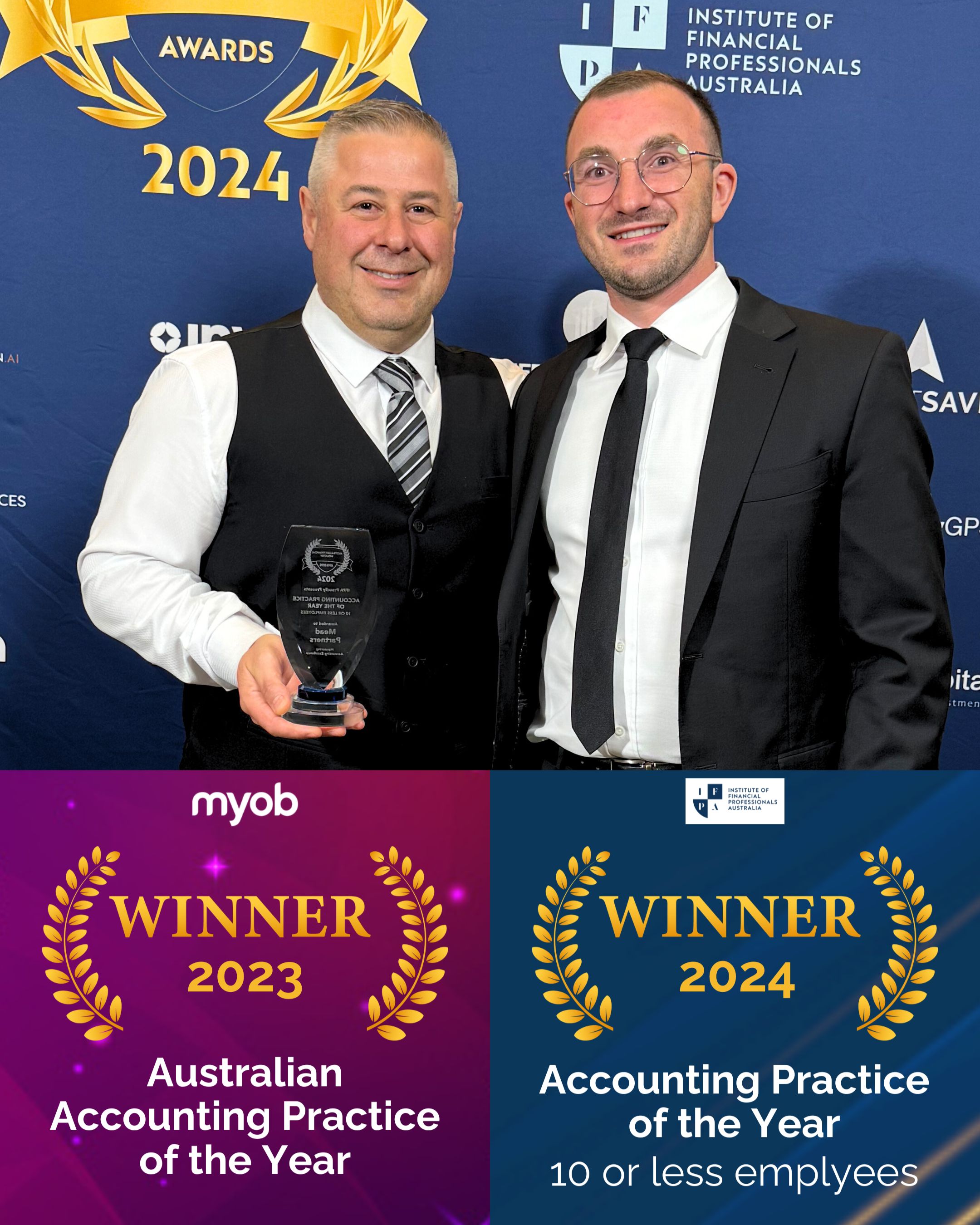
Book a Free Consultation!
✅Builders CFO Program
✅Business Improvement Program
✅Taxation Advice


Why reflection makes good business sense
How to harness the power of reflection to set yourself up for new financial year success
With the new financial year upon us, the biggest question we’re asking our business advisory clients isn’t “How is your tax return going?” It’s much more simple.
Have you taken a moment to reflect on the past 12 months?
While this seems like an odd question to come from your business advisor, it’s one of the most powerful strategic tools in your business tool kit.
And here’s why.
It’s more than simply looking back.
The practice of reflection is more than simply looking back and taking note of key moments over the last 12 months. By examining your experiences, actions, outcomes and decisions you can unlock multiple benefits for you and your team.
Benefits of reflection for your business
-
Drives continuous improvement and a culture of learning
This is all about turning experiences in progress and opportunity, creating a culture of continuous learning and a team that seeks opportunities for improvement. Continuous improvement is essential for business growth, increasing efficiencies, customer satisfaction and loyalty, and competitive advantage.Using this lens, misses and losses are no longer failures but learning opportunities. Wins can also help you create blueprints for future success, unlocking smarter ways of working.
-
Increases informed decision making
As business owners and leaders, decisions can often lead to second-guessing yourself or being put in situations where we have to make decisions on the fly.Reflecting on your past year, you can unlock the insights you need to make more informed decisions based on evidence, trends and data. Using real analysis and learnings, you can better understand how decisions could impact your business now and build your confidence. Not sure how? This is where your business advisor can help you get the insights you need.
-
Improves goal setting and strategic planning
How often do you review your goals and assess their rate of success? It’s quite common for our small and building and construction customers to simply ‘roll over’ unfinished goals from the year before. But this approach could be setting you up for failure and impacting staff morale. By assessing your goals and progress from the past year, you can create SMART goals that are insights driven and aligned to your business strategy. It also ensures your goals are more achievable, increasing your team’s engagement and motivation.
-
Strengthens business resilience
Business resilience is driven by adaptability. Reflection is a critical part of the resilience equation, allowing you to gather learnings from past experiences, better identify risks, understand root causes, and be more proactive in your approach. By knowing where the potential roadblocks could be, problem solve faster, and unlock opportunities for growth easier, you can become more agile and resilient to whatever is thrown at you.
-
Builds team engagement
Reflecting as a team not only gives you more insight and a different perspective, it builds trust. This open communication helps your team be heard, share learnings, and work through challenges together. In turn:
- Aligning team goals, priorities and objectives
- Unlocking efficiencies and increased productivity
- Promoting personal growth and accountability
- Increasing team engagement
-
Identifies risks and opportunities
Reviewing the past helps you zoom out beyond simply what was and gives you insight into what could have been.
What were the hidden risks you uncovered over the past 12 months?
Were there missed opportunities along the way?How did the opportunities that drove growth come about?This foresight enables you to see emerging patterns and be more proactive in your approach, helping you reduce risks and take advantage of opportunities sooner.
-
Promotes innovation
In a world where innovation can be a competitive advantage, any opportunities for transformation can be business boosting. Innovations can be unlocked by identifying challenges, roadblocks, wins and even customer feedback. All of which can help you improve efficiencies, drive productivity, and increase customer value.
Key questions to start your reflection process
While the practice of reflection can be as simple as reviewing what worked, what didn’t, and how you want to do things differently, our business advisors recommend deep diving into specific areas of your business.
Leveraging questions from our own quarterly review process, these prompts can help you extract more insights for the year ahead.
| Question | Why this question is important and how you can find the answer |
| Which jobs/services/products made money and which didn’t? Why? | This question can give you insight into what services and products you want to continue or may need to adapt. It can also provide direction into what drives profitability or the types of customers to avoid.
What can help you find answers:
|
| Were there periods where cash got tight? Could it have been avoided? | Cashflow is essential for business sustainability and growth. Look for seasonal trends, cashflow dips, changes in payment schedules, and revenue streams.
What can help you find answers:
|
| Were you underquoting or discounting too much? | Here, reflecting on past projects, won jobs and your overall profits are key. It might also uncover opportunities for margin increases, increased profits, and better estimate processes.
What can help you find answers:
|
| Were your team costs productive and planned? | Busy teams aren’t always proactive teams. By reviewing outputs, staff costs, and team gaps, you can reduce team related risks and make more informed resourcing decisions.
What can help you find answers:
|
| Did you spend too much time in the business and not enough on it? | As business owners, it’s easy to spend more time putting out fires than building your business. Signs this could be happening include unfinished goals, lack of strategic project progress, or simply feeling drained at the end of the year.
What can help you find answers:
|
| Were you constantly stressed, reactive, working weekends? | Burnout and work-related stress is one of the biggest challenges for business owners. While sometimes stress can’t be avoided, we can learn from past experiences and put strategies in place to create the balance we need to thrive (not just survive).
What can help you find answers:
|
Step through what these reflections mean
Reflected on these questions and not sure what to do next? Our business advisors can help you turn these reflections into strategic actions for your business.

Send To Someone